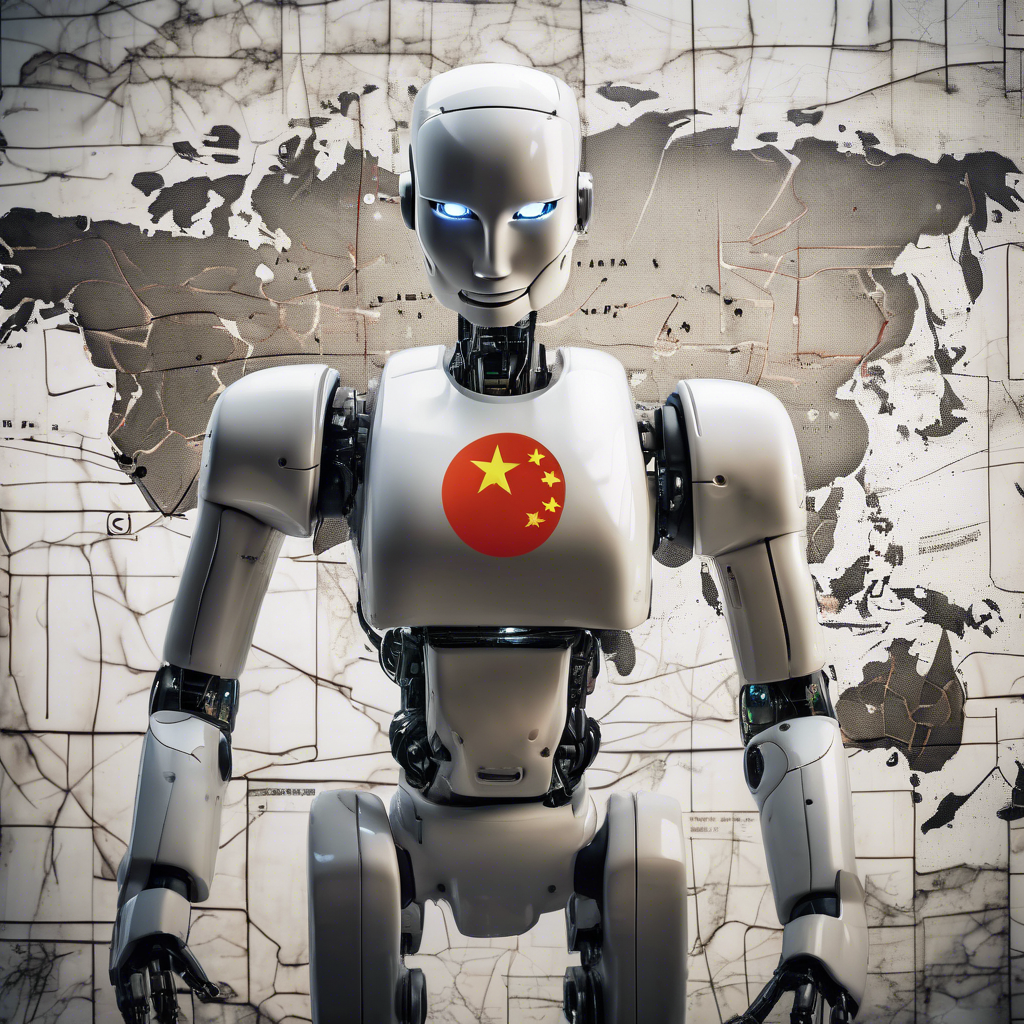Impact of AI and Automation on Workforce: Job Cuts at Klarna, UPS, Duolingo, Intuit, and Cisco

The emerging workplace trend favors AI and automation but poses challenges for employees. Rapid advancements in artificial intelligence (AI) and automation are driving companies to streamline operations, cut costs, and increase productivity, often leading to layoffs as human workers are replaced by AI. To stay competitive, firms must make difficult decisions, including workforce reductions. Major corporations like Klarna, UPS, Duolingo, Intuit, and Cisco Systems are increasingly substituting AI and automation for human labor. While these technologies boost productivity, they raise significant concerns about future job security. Many workers worry about the potential impact on their employment. Economic challenges, including inflation and volatile stock markets, are pushing companies toward leaner operations and fewer human jobs. Investors are enthusiastic about AI, often rewarding companies that adopt the technology—corporate announcements involving AI have frequently led to stock price increases. **Klarna:** The fintech leader Klarna cut over 1, 000 jobs (about 10% of its workforce) in 2024 to shift toward AI-driven operations. Klarna invested heavily in AI for customer service, transaction processing, and operational optimization. An AI assistant now handles work equivalent to 700 full-time employees. Klarna’s CEO noted how AI chatbots and automated systems manage tasks like customer queries and refunds, helping reduce costs and scale services, with AI managing a large share of customer interactions. **UPS:** In early 2025, UPS announced plans to lay off 20, 000 workers, one of its largest workforce cuts ever.
CEO Carol Tomé attributed the reduction to new technologies, including machine learning that automated sales proposal generation—previously done by pricing experts. Although UPS clarified AI does not directly replace workers, AI tools enhance logistics, route optimization, and customer interactions, indirectly reducing the need for some roles amid inflationary pressures. **Duolingo:** The language app declared an “AI-first” strategy, replacing human contractors with AI in content creation, performance reviews, and hiring decisions. Duolingo ended contracts affecting 10% of its contractor workforce, particularly in content translation across its 100+ languages. AI’s role in translating course materials reduced reliance on human translators. Though no permanent employees were laid off, this shift illustrates how creative industries are increasingly adopting AI to replace contractor tasks. **Intuit:** The financial software company laid off about 1, 800 employees in 2024, funneling savings into AI investments. Intuit prioritizes AI for automating customer support, data analysis, and tax preparation. By replacing workers with AI-driven tools, the company aims to improve efficiency and maintain competitiveness in fintech. **Cisco Systems:** Cisco announced cutting 7% of its staff (~5, 900 employees) as it pivots toward AI and cybersecurity growth areas. The company integrates AI in networking products through predictive analytics and automated customer support, reflecting its strategic shift toward advanced technologies. Overall, these examples highlight a growing corporate reliance on AI and automation to trim costs and enhance productivity, but also emphasize increasing job insecurity for many workers as companies reconfigure their workforces in response to economic pressures and technological advances.
Brief news summary
The rapid advancement of artificial intelligence (AI) and automation is transforming job markets while raising concerns about job security. Major companies such as Klarna, UPS, Duolingo, Intuit, and Cisco Systems are increasingly replacing human workers with AI-driven systems to reduce costs and enhance productivity. Klarna cut over 1,000 jobs by adopting AI for customer service and transaction processing. UPS plans to lay off 20,000 employees as AI optimizes logistics and sales functions. Duolingo adopted an “AI-first” approach, lessening its dependence on human contractors for content translation. Intuit laid off 1,800 staff to reinvest in AI automation for customer support and financial tasks. Cisco reduced its workforce by 7% amid a strategic shift toward AI and cybersecurity. Economic pressures and strong investor interest in AI compel companies to prioritize automation, streamlining operations at the cost of fewer human jobs and increased uncertainty for workers about their future employment.
AI-powered Lead Generation in Social Media
and Search Engines
Let AI take control and automatically generate leads for you!

I'm your Content Manager, ready to handle your first test assignment
Learn how AI can help your business.
Let’s talk!

Blockchain and AI could fuel $3.5T DePIN market b…
The increasing convergence of blockchain and artificial intelligence could propel the decentralized physical infrastructure network (DePIN) market beyond $3.5 trillion within the next three years, according to the World Economic Forum (WEF).

Apple and Alibaba's AI rollout in China delayed b…
The launch of Apple Intelligence, a highly anticipated AI service suite jointly developed by Apple and Alibaba, has faced major delays in China due to regulatory challenges amid escalating U.S.-China trade tensions.

Bitget Partners with University of Zurich Blockch…
VICTORIA, Seychelles, June 04, 2025 (GLOBE NEWSWIRE) — Bitget, a leading cryptocurrency exchange and Web3 company, announces its partnership with the University of Zurich, ranked #3 globally for blockchain education by Coindesk in 2021/22.

How Educators Can Defeat AI
James Walsh’s recent viral New York article, “Everyone Is Cheating Their Way Through College,” did not shock by revealing AI’s pervasive role in education—this was already evident to anyone familiar with schools today.

Trump's top crypto advisor meets with Pakistan bl…
Key Takeaways Bo Hines and Bilal Bin Saqib met at the White House to discuss strategic cooperation on Bitcoin and digital assets

Humans over hardware: Rules for AI
On May 19th, I had the privilege of attending the commissioning ceremony for the District of Columbia’s Naval ROTC officers as they were appointed ensigns in the US Navy and second lieutenants in the US Marine Corps.

DMG Blockchain Solutions Announces Preliminary Ma…
VANCOUVER, British Columbia, June 03, 2025 (GLOBE NEWSWIRE) — DMG Blockchain Solutions Inc.

 Auto-Filling SEO Website as a Gift
Auto-Filling SEO Website as a Gift








 Auto-Filling SEO Website as a Gift
Auto-Filling SEO Website as a Gift

